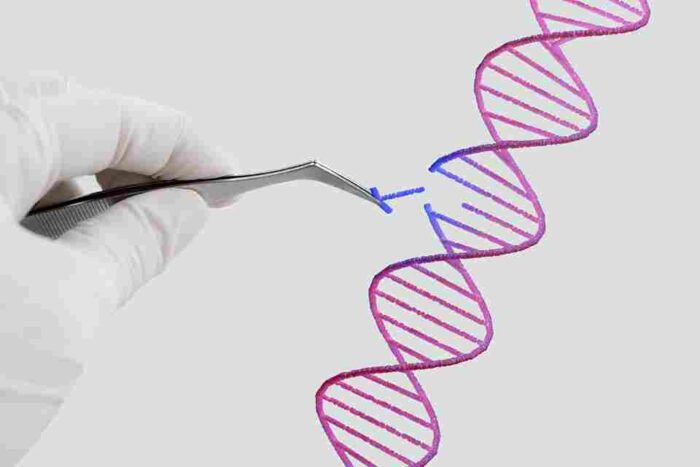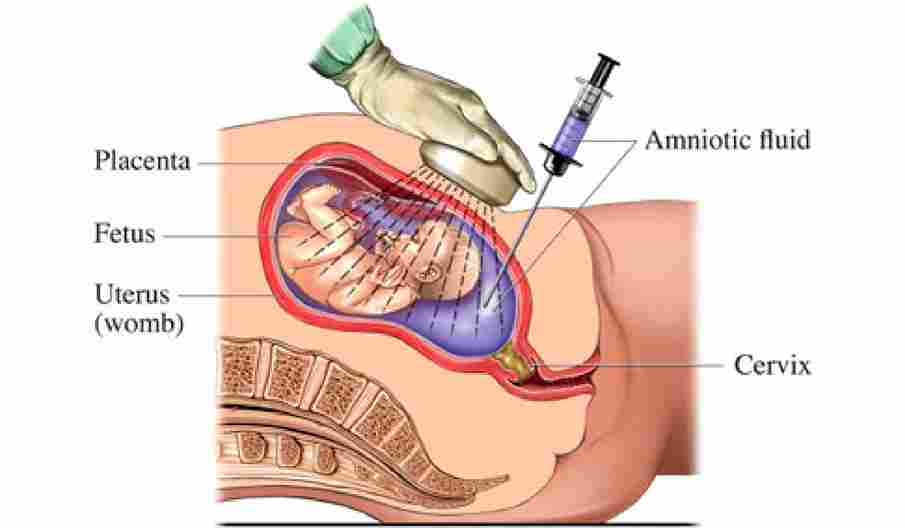Amniocentesis is a prenatal test used in the diagnosis of chromosomal or genetic abnormalities. Let’s know more about the purpose and importance of this procedure.
Pregnancy can be a transformative and overwhelming journey for expectant parents. During this time, prenatal care plays a critical aspect as it focuses on ensuring the health and well-being of both the mother and the developing fetus.
One crucial aspect of prenatal care is amniocentesis. You may be advised to undergo this test if your baby is at a higher risk of certain birth defects or genetic abnormalities. Additionally, it might be done if the woman exhibits symptoms of an infection or if a growth restriction and preterm birth is a likelihood. By directly evaluating the fetal genetic makeup, amniocentesis offers a conclusive diagnosis in contrast to screening tests that assess the risk of specific conditions.
In this blog post, we will delve into the purpose, procedure, and benefits of amniocentesis, highlighting its significance in prenatal care.
Purpose of Amniocentesis:
Amniocentesis is a diagnostic invasive procedure performed during pregnancy to gather essential information about the developing fetus. The primary purpose of this test is to obtain genetic material from the fetus, such as cells or DNA, for analysis. This allows fetal medicine specialists to assess the presence of chromosomal abnormalities, identify genetic disorders and detect common hemoglobinopathies in the developing fetus.
Amniocentesis can also provide valuable information about the baby’s overall health. The results obtained from this procedure aid in making decisions about further prenatal management and potential interventions.

When Is It Recommended?
Amniocentesis is generally advised for pregnant women who have a higher risk of having a baby with genetic or chromosomal abnormalities. This risk may be determined by factors such as maternal age (35 or older), a previous child with a chromosomal condition, abnormal results from prenatal screening tests, or a family history of certain genetic disorders.
In some cases, amniocentesis may be recommended due to suspected infection in the amniotic fluid or if there is a risk of preterm delivery.
Procedure of Amniocentesis:
Amniocentesis is typically performed after 15 weeks of pregnancy. The fetal medicine specialist will conduct a detailed ultrasound to determine the fetus’s position and locate a suitable area to extract amniotic fluid.
Then, using ultrasound guidance, a thin, hollow needle is inserted through the abdominal wall and into the amniotic sac. A small amount of amniotic fluid is then withdrawn into a syringe. The collected fluid contains fetal cells and DNA and is examined in a laboratory to check for any abnormalities. The procedure is usually done on an OPD basis and no hospitalisation is required before or after the procedure.
What Are Some Potential Benefits of Amniocentesis?
It offers several significant benefits including:

- Early Detection of Genetic Disorders: Amniocentesis is a reliable tool to detect chromosomal abnormalities, such as Down Syndrome, Trisomies, Triploidies and other similar genetic disorders, allowing parents to make informed decisions about the pregnancy and plan for appropriate medical interventions.
- Conclusive Results: In cases where initial screening tests, such as maternal serum screening like Double marker, Quadruple marker test or NIPT indicate a potentially high risk of fetal abnormalities, amniocentesis can provide conclusive results, helping to alleviate uncertainty for expectant parents.
- Facilitating Timely Interventions: If a serious condition is detected through amniocentesis, healthcare providers can plan appropriate treatments, therapies, or surgical interventions to address the condition after birth, increasing the chances of a positive outcome for the baby.
In conclusion, amniocentesis is an important component of prenatal care that enables medical professionals to acquire critical information regarding the developing foetus. This diagnostic technique offers valuable insights so that expectant parents can make informed decisions about their pregnancy journey.
Get Amniocentesis in Pune
Consult fetal medicine specialist Dr Tejas Tamhane for the diagnosis and management of chromosomal or genetic abnormalities.



